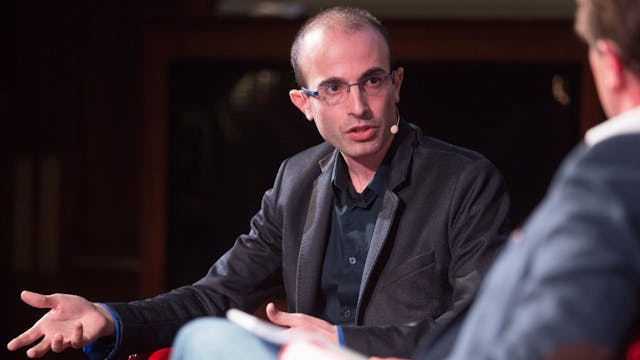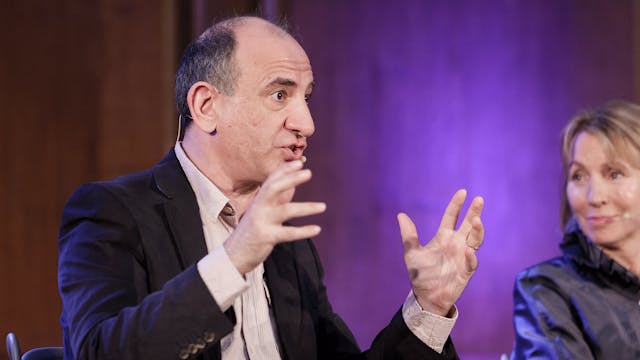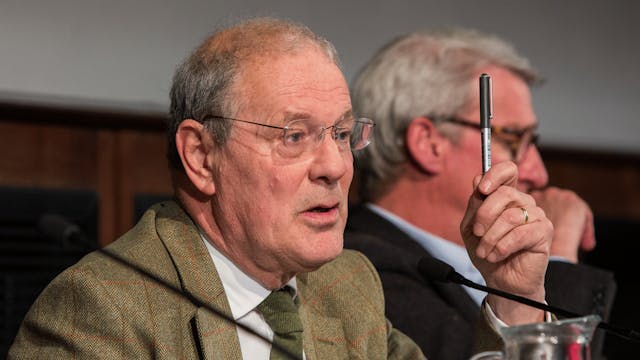Feminism Is For Everyone
History & Social Policy
•
1h 24m
A year ago, you could have been forgiven for thinking that gender equality was on an unstoppable trajectory. America stood poised to elect its first female president. On this side of the Atlantic, members of the political and cultural establishment proudly sported ‘This Is What a Feminist Looks Like’ T-shirts. Had you told a Hillary Clinton supporter or one of those T-shirt campaigners that a year later the US president would be Donald Trump, a man with an abysmal record of sexually harassing women, and that women over the world would be defending their basic rights, including access to abortion, they would have barely believed it.
How did we end up here? Has feminism become trapped, as some claim, in its own elitist ‘lean-in’ bubble? The recent Women’s Marches may have seen millions take to the streets in a tide of popular outrage. But some feminist commentators argue that the marches only demonstrated just how much middle-class liberal aspirations have become over-represented in the gender equality movement. Feminism, for these critics, has failed ‘ordinary’ women by focusing almost exclusively on the advancement of women at the top. According to a new report, while female CEOs’ salaries are rising, the gender pay gap across the globe is actually wider today than it was in 2008.
If the gender equality project is to move beyond the needs and concerns of the so-called ‘elite’, what are the blindspots it needs to address? What can feminism do to expand the conversation beyond the ‘politically correct’ classes? How can we bring men into the conversation, and involve them in a project that stands to benefit everyone?
To explore how gender equality can be made more accessible, Intelligence Squared brought together a brilliant panel to put forward their practical solutions. Speakers included Jess Phillips, the outspoken MP described as ‘Labour’s future red queen’, and Catherine Mayer, bestselling author and co-founder of the Women’s Equality Party. They were joined by writer and TV star David Baddiel, and teenage activist and journalist June Eric-Udorie, named one of the BBC’s 100 Women of 2016.
Up Next in History & Social Policy
-
Yuval Noah Harari on the myths we nee...
Myths. We tend to think they’re a thing of the past, fabrications that early humans needed to believe in because their understanding of the world was so meagre. But what if modern civilisation were itself based on a set of myths? This is the big question posed by Professor Yuval Noah Harari, auth...
-
Fake News: The Facts
There are lies, damn lies, and then there’s fake news. Manipulating the facts for political gain is as old as politics itself, but due to the rise of social media and search engine algorithms false stories can now spread like wildfire. In the run-up to the US presidential election, more people on...
-
Keep em off the streets: tough prison...
Lock them up. That’s the way we’ve always dealt with offenders. Criminals deserve to be put away for their crimes. Prison works because it keeps those criminals out of circulation, and acts as society’s most effective deterrent. Our prisons may be more crowded than ever – the prison population of...



